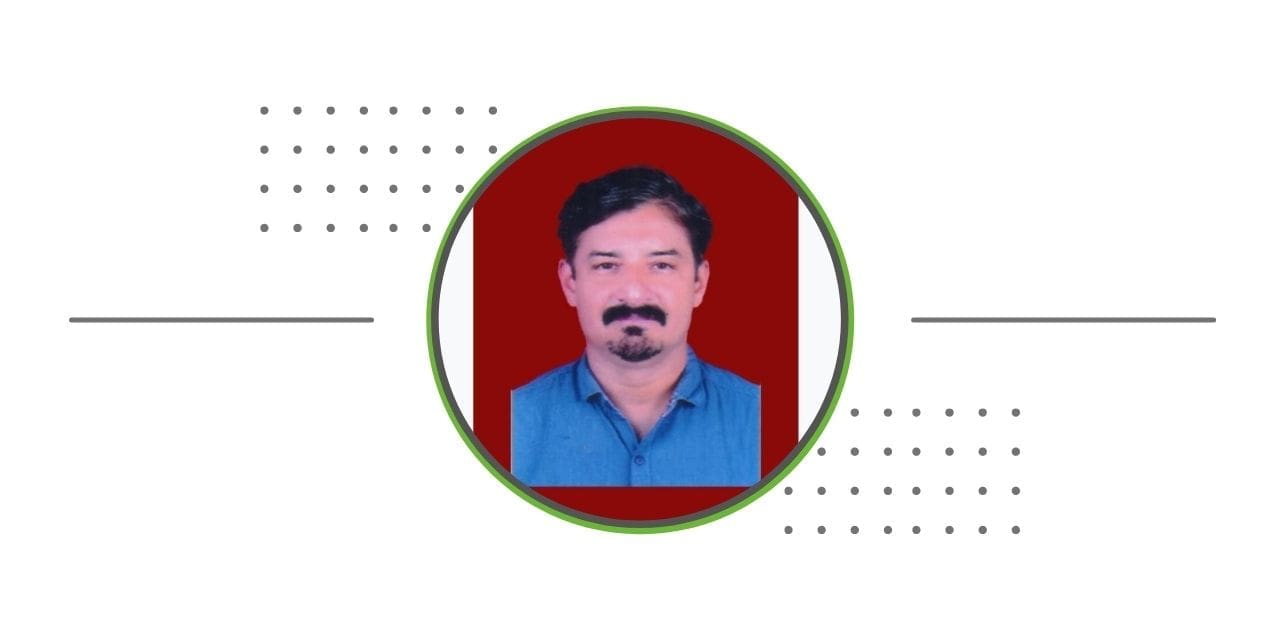Share your Education and Professional Journey
After completing my Ph.D. from the Department of Textile Technology IIT Delhi, I worked for a short while with NITRA. I got great professors as my Ph.D. guides at IIT, Prof. Pushpa Bajaj and Prof. Kushal Sen. In 2001, got an opportunity to work in the United States. I was appointed as a research scientist at Georgia Institute Technology, Atlanta. The work was related to Carbon Nanotubes and the fiber program was led by Prof. Satish Kumar and Prof. Richard Smalley, who was a 1996 Nobel prize winner. I could publish and patent several technologies related to nanomaterials with them. In 2004, I was selected in-absentia to DRDO as a Scientist and I returned to India. From 2008 to 2017, I worked with Reliance Industries in various responsibilities from GM to VP Petchem business development. I am the co-founder of Technorbital Advanced Materials Pvt Ltd (TAMPL) and was leading the organization for three years before joining BTRA in 2000. TAMPL manufactures an ultrafiltration membrane (based on a polymer I synthesized) and is being used in all TATA SWATCH water purifiers. For this invention, I was invited to the United Nations headquarters in New York and delivered a lecture to the UN sustainable innovation program. I am also appointed as Distinguished Visiting Professor (DVP) by AICTE-INAE.
Being an educationist, your journey in industry life and interaction.
Over 25 years of experience in senior management, technology strategy, research and development, teaching, testing, and quality assurance in the Academic, Chemical, Material, and Textile industries. Winner of Technology Day Titanium Medal and certificate from Scientific Advisor to Defence Minister. Invited for giving lectures at reputed organizations and universities such as United Nations, NewYork, Deakin University Australia, Georgia Institute of Technology USA, Indian Space Research Organization (ISRO), Indian Institute of Science (IISc), Indian Institute of Technology (IIT), DRDO and several other Indian engineering colleges/ Universities. I am an INAE-AICTE Distinguished visiting Professor.
Being a Director of BTRA share Future Prospects and Vision for BTRA
BTRA is now on the fast track. We have started modernizing every lab with infrastructure and aesthetics. We have decided to convert BTRA into a world-class laboratory in the next five years.
As a Mentor, what qualities, capabilities do you choose in your PhD students
I taught many students as DVP of AICTE-INAE and guided only one Ph.D. student who completed Ph.D. from Deakin University Australia. I personally feel that the students should start Ph.D. after a few years of industrial experience. This gives them a good understanding of what is needed for the industry and gets an idea of how their research can be of any use to the Industry and how it can be implemented. Most of the time the Ph.D. research results end up in a few journal publications and not a product.
How has the industry evolved in the last few years?
I feel the industry has got a big shift related to infrastructure, telecommunication (composites), and high-performance materials. Corona has forced the world to work on medical textiles. Many are looking for antimicrobial testing at BTRA. We have seen a great increase in antimicrobial testing.
What are the latest trends in the industry?
The latest trend is technical textiles.
How Research and Development is part of important process in the industry, industry adoption, investment of same or industry limitation for research and development.
Sustainable growth of the industry is possible only by investing in research and the right people with an innovative mindset. The industry should continuously innovate and come up with an edge over the competition. Also, research only can provide any company product variation to cater to a broad customer base.
Sustainability, carbon footprint, waste management; how these are relevant and important?
This is a very important point. Most of the time the industry employs unskilled workers to operate their ETP plant. Waste treatment is a scientific method. Effluent treatment requires the right kind of chemicals, pH, bacteria level, etc. This is where BTRA can help the industry. We have come up with an excellent training program in collaboration with MPCB and NEERI on the zero liquid discharge process and other effluent treatment. We are now helping MPCB with third-party auditing of textile units.
How Data Analysis, Machine Learning, AI, BlockChain is important for the industry, and how we can implement them in the textile and apparel industry?
Blockchain, ML, and AI are highly disruptive technologies and may revolutionize the way we work and perceive. The industry has to be ready for this and open to changes. Disruptive innovations have always changed the world and many big companies and economies have collapsed due to rigid thoughts.
Educationist Research hardly applied to commercial production of the industry, what is the reason. How we can integrate industry with educationists to get maximum productivity of research.
I don’t agree with this statement. I myself being an educationalist became a co-founder of a successful company that is now serving clean water to millions of households. Now, most of the IITs having come with incubation centers are creating new entrepreneurs. We need to give training on how to start a business from the school itself.
BTRA Interview

